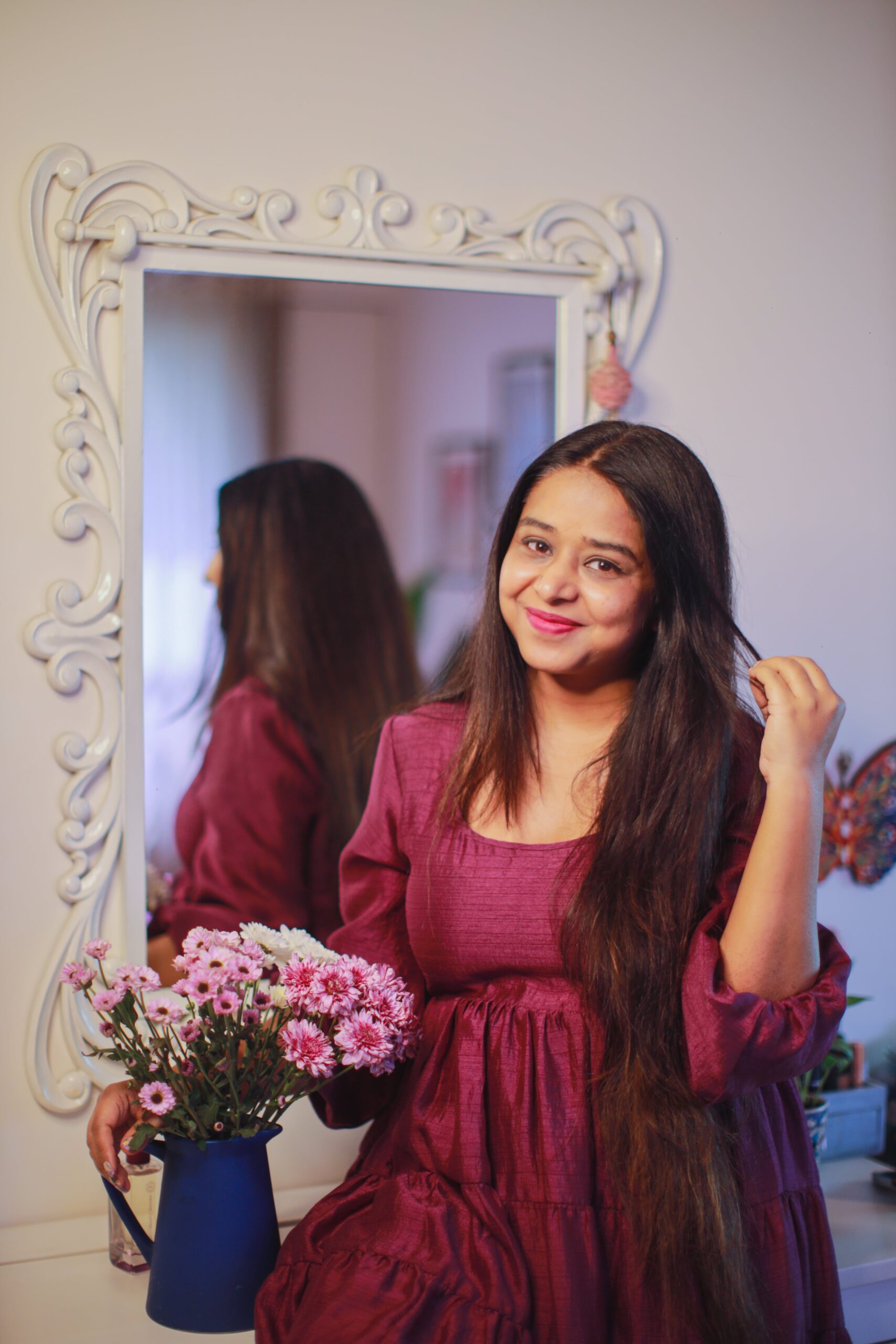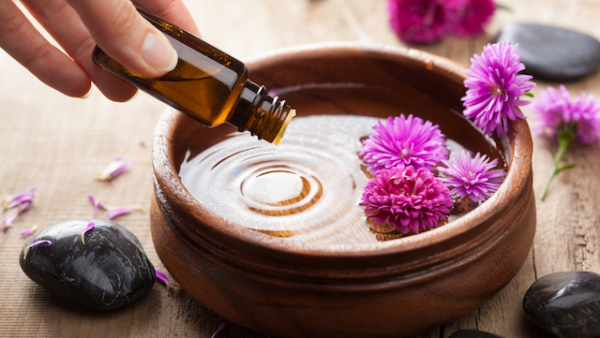If you suffer from vertigo, you will be all too familiar with that frightening sensation of being off-balance; it feels as if you are spinning, or the world around you is. People usually use the word dizziness when referring to feeling lightheaded, imbalanced or unsteady, but vertigo, which is a subtype of dizziness, is usually related to an internal injury. We spoke to doctors about what causes vertigo, what it means, and what to do if you’re struggling with it.
What is vertigo?
“Vertigo can feel like motion sickness, only worse. Often a functioning error in the brain or inner ear can make you feel like you’re spinning. People encountering the sensation [describe it as] feeling ‘woozy’, or like things are ‘turning’ around them,” says Dr Anuj Kumar Goel, consultant ENT, Columbia Asia Hospital, Ghaziabad. “Familial vertigo can be inherited if the person’s family line has been diagnosed with genetic deafness syndrome, neurological disorders or recurrent attacks of vertigo,” adds Pranav Anam, geneticist and founder of The Gene Box.
What are the causes of vertigo?
The symptoms range from balance disorders and difficulty with walking to motion sickness or light headedness. “Vertigo can be temporary or long-term. It can occur during pregnancy or as a symptom of an ear infection. The predominant cause of vertigo is an imbalance in the inner ear, or a problem with the central nervous system (CNS). It can also occur because of a migraine headache, a head injury, an ear surgery, a stroke or a transient ischemic attack, which people sometimes refer to as a mini stroke, and multiple sclerosis. Prolonged bed rest and the use of certain medications can also lead to vertigo,” explains Dr AK Sahani, chief of neurology, Indian Spinal Injuries Centre. Doctors will check for previous head injuries like bruises or concussions, and for ear-related issues like Meniere’s disease and labyrinthitis. This can usually be tested through an MRI or CT scan.
“In Ayurveda, the underlying cause of vertigo is attributed to a vata imbalance, which could be caused by overexertion, emotional stress, lack of sleep, undernourishment, or chronic dehydration,” explains Dr Shailendra Chaubey, Ayurvedic physician and medical director at Vedary. “Pitta imbalance caused due to overindulgence in spicy or fermented foods, acidity, heat strokes and anger could also make you prone to vertigo, or aggravate its symptoms.”
What to can do if you have a sudden vertigo attack
“Be careful as vertigo’s symptoms—vomiting, sweating, jerking eye movements, hearing loss or ringing in the ears, and nausea—can affect you [long term] if left untreated,” says Anam. Dr Chaubey offers a few solutions to bring the fade away the intensity of a vertigo attack, making it clear that panicking might aggravate the symptoms. Instead, slowing yourself down might work better. “Try to find a place where you can sit or lie down and make body feel comfortable. Place your palm on your belly and take a relaxed and deep breath without exertion. If possible, try to hold the breath for three to five counts, and then release. While taking deeper breaths at times, make your eyes very big and hold the breath. This activates parasympathetic nervous system, and helps further lower the intensity of vertigo.”
Vertigo can be treated with medication, particularly ones that relieve dizziness and nausea, or help to stop the migraines in the first place. In addition to that, most doctors suggest balance therapy, psychotherapy or head/neck manoeuvres that provide a quick fix. “Since stimulants like coffee and alcohol, or foods high in salt, can aggravate the conditions, skipping those might help,” says Chaubey. He suggests reaching for light foods that give you energy (like warm grains and soups), instead of anything spicy or fried. “Staying away from activities like hiking or trekking, as well as those that require you to be at a height, is a good idea as well,” concludes Anam.
The article was first published in Vogue





